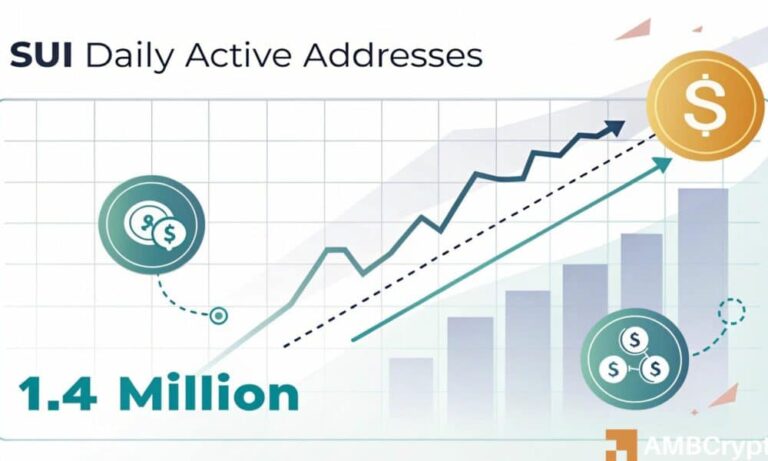7 Financial Perks Baby Boomers Enjoyed That We’ll Probably Never Experience Again
When you reflect on the times baby boomers were growing up post-war, you might look back on them with envy. Everything was better in America, especially considering how far the dollar could take you when buying a house or car and still living a comfortable life.
There is no question that baby boomers had it easier to buy a home or live on a single income. Today’s generations will likely never be able to afford a home like baby boomers could in their 20s. Baby boomers defined the American dream as something that now seems out of reach for so many. 4 million Americans are set to retire this year. If you want to join them, click here now to see if you’re behind, or ahead. It only takes a minute. (Sponsor)
Unfortunately, many of the financial benefits the baby boomer generation enjoyed will no longer be available to future generations. As a result, many current generations, like Gen X and Gen Z, now find themselves in much different financial situations.
Affordable Housing Market
Housing prices of the boomer generation have quickly disappeared since they purchased their first or second homes. During the 1970s and 1980s, the median home price was two to four times the median household income. Today, this number is closer to six to eight times the median household income, dramatically affecting overall affordability. In addition, during the 1970s, interest rates were relatively low, meaning mortgage costs were also equivalently low. This started to change slightly in the early 1980s after an interest rate spike, but by the end of the decade and early 1990s, mortgage rates were declining, making it easier to purchase a home without a huge mortgage payment.
Ultimately, you also have to consider lending standards were less strict back then, as was the need for significant down payments. This allowed baby boomers to enter the housing market sooner, which would help them build more long-term wealth through home equity. This is very much contrary to where we are today and have been for the last few years, where the mortgage rate has hovered between 6 and 7%, pricing out millions of wannabe homeowners. As a result, there was a much higher rate of home ownership 40 years ago than today, a number that doesn’t appear to be evening out anytime soon.
One Income Family
Raising a family on one income is one consideration that gets plenty of attention and is becoming increasingly tricky. The baby boomer generation experienced this in great detail as one spouse worked and another attended to the house and family. Still, this reality is no longer as practical as it once was. While it’s not impossible, the likelihood that any trend allowing for one-income families to grow seems unlikely.
Pension Plans Were Robust
Another significant benefit that baby boomers enjoyed in a big way that newer generations won’t be able to take advantage of is truly robust pension plans. Baby boomers frequently had access to employer-sponsored pension plans, which would provide a guaranteed retirement income. This enabled baby boomers to feel financially secure and took away any emphasis on growing personal savings. Today, there has been a monumental shift from pension plans to more defined-contribution plans like 401(k)s. While these can still utilize employer contributions to grow with employee matching, pension plans were undoubtedly far more attractive to retirees as they guaranteed a certain percentage of their working income, making it easy to plan for retirement.
Reduced Education Costs
Can you imagine a world where you could graduate college without debt? This was a real-world scenario for baby boomers when tuition costs were lower, and many in this era didn’t need loans at all. Unfortunately, the student debt crisis is real for millennials and younger generations and negatively impacts almost every aspect of their lives. During the 1970s and 1980s, the cost of attending a four-year institution was a fraction of today’s rates. In 1975, the average tuition cost was $2,469 for one college year, including fees. Realistically, this same school likely costs at least four to eight times more than this number, and recent inflation has only grown this cost even more.
Affordable Healthcare
While healthcare has never been inexpensive, baby boomers benefited from employer-sponsored health plans with much lower premiums and better coverage. Today’s generations are paying a fortune for healthcare, and medical debt is one of the highest contributing reasons people file for bankruptcy. In 1970, per capita spending on health was a mere $356, or $2,144 in today’s dollars. By 2010, this number had risen to $8,402 per person, meaning that healthcare costs now consume much more of someone’s annual spending.
Favorable Job Markets
It has been well documented that a post-war economy led to a job boom, which made it easy for the greatest generation to create an environment that would welcome the baby boomer generation. Fortunately for baby boomers, this period of strong economic growth would continue for them, which meant low unemployment and increasingly growing wages. Of course, one of the most significant financial benefits for baby boomers that current generations will likely never enjoy is long-term employment with just one company. Today’s workforce regularly worries about a volatile job market, reduced benefits, and the rise of the gig economy, all to make ends meet and put food on the table.
Decline of the American Dream
While the American Dream hasn’t completely disappeared, the baby boomer generation undoubtedly helped define it. However, younger generations find it increasingly difficult to enjoy the same success with home ownership and greater financial independence. Younger generations are also disadvantaged, as a lack of government action has put retirement programs like Medicare and Social Security at risk. These are two programs millennials and Gen X will be looking for to help them enjoy a better retirement lifestyle. The big takeaway from all of this is that the financial advantages enjoyed by baby boomers have led to a giant wealth gap between them and other generations. Whether this gap can ever be closed is an open question, but even if it can be, it will take decades.
How this will affect you?
For future generations, the financial perks that baby boomers enjoyed are slipping further and further out of reach. Things like affordable housing, one-income families, robust pension plans, reduced education costs, and affordable healthcare are becoming more difficult to attain. This means that individuals in younger generations will have to navigate a different financial landscape and may need to approach things like homeownership, retirement planning, and education funding in new ways.
How this will affect the world?
The financial shifts seen between the baby boomer generation and current generations are creating wider wealth gaps and changing economic dynamics. The decline of the American Dream, reduced access to affordable housing, healthcare, and education, along with the evolution of job markets, is impacting society as a whole. These changes could lead to social and economic challenges that need to be addressed on a systemic level to ensure a more equitable future for all individuals.
Conclusion
As the financial landscape continues to change and these generational differences become more evident, it is essential to consider how these shifts will impact individuals and society as a whole. While the financial perks enjoyed by baby boomers may not be accessible to future generations, there is an opportunity to redefine financial strategies, policies, and societal structures to create a more equitable future for all. By acknowledging these differences and working towards solutions, we can strive towards a more financially inclusive and sustainable future.





